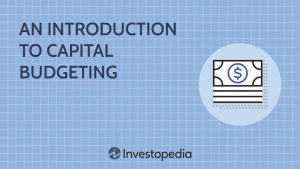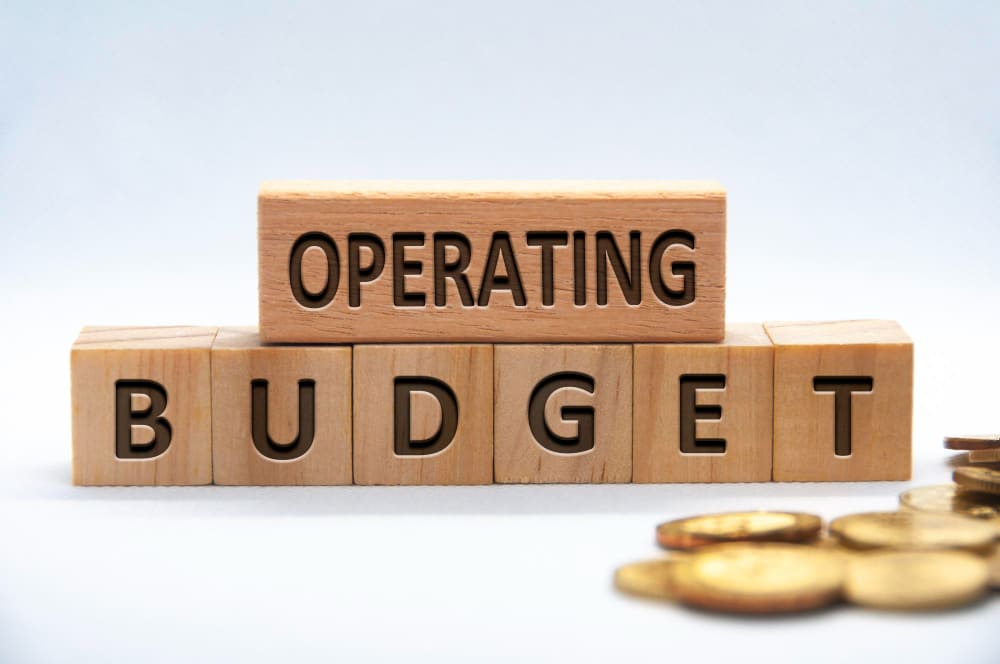An operating budget is a financial plan that outlines a company’s expected income and expenses for a specific period, typically a year. It serves as a roadmap for managing day-to-day operations and ensuring financial stability.
Key Components of an Operating Budget
- Revenue: Estimates of income from sales, services, or other sources.
- Expenses: Projections of costs for various operations, including salaries, rent, utilities, supplies, and marketing.
- Profit: The expected difference between revenue and expenses.
Benefits of Creating an Operating Budget
- Financial Planning: Provides a clear picture of a company’s financial health and future prospects.
- Decision Making: Helps in making informed decisions about resource allocation, pricing, and spending.
- Performance Tracking: Allows for monitoring and evaluation of actual performance against budget projections.
- Risk Management: Identifies potential financial risks and helps in developing strategies to mitigate them.
Steps to Create an Operating Budget
- Gather Data: Collect historical financial data, market research, and industry benchmarks.
- Forecast Revenue: Estimate expected income based on sales projections, pricing strategies, and market conditions.
- Estimate Expenses: Project costs for various operational activities, such as salaries, rent, utilities, and marketing.
- Allocate Resources: Determine how resources will be allocated to different departments and projects.
- Set Financial Goals: Establish clear financial objectives for the budget period.
- Monitor and Adjust: Regularly review the budget and make adjustments as needed to align with actual performance.
Types of Operating Budgets
- Incremental Budgeting: Based on the previous year’s budget with adjustments for inflation and growth.
- Zero-Based Budgeting: Requires each department to justify every expenditure from scratch.
- Activity-Based Budgeting: Allocates resources based on the activities required to produce goods or services.
Creating and following an operating budget is essential for businesses of all sizes. It provides a framework for financial planning, decision-making, and performance evaluation.
Would you like to know more about specific budgeting techniques or have questions about creating an operating budget for your business?










+ There are no comments
Add yours